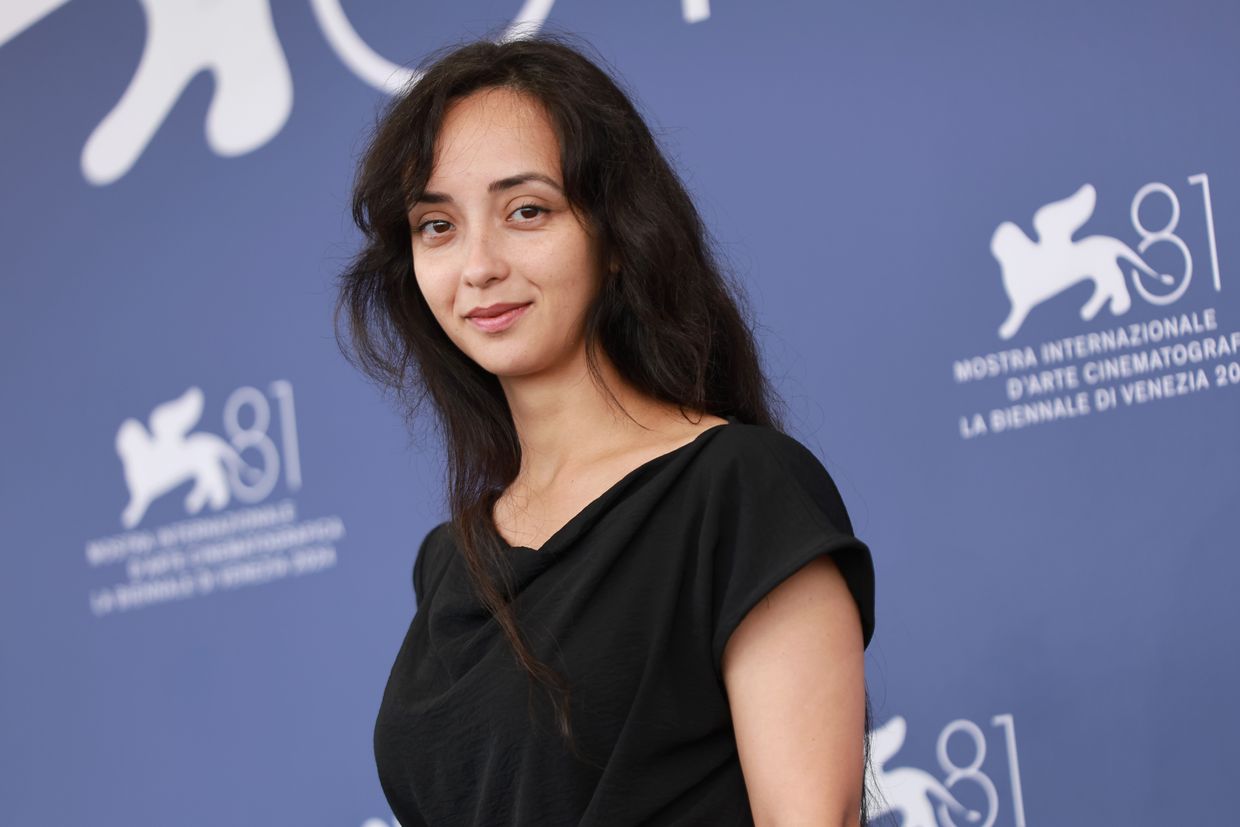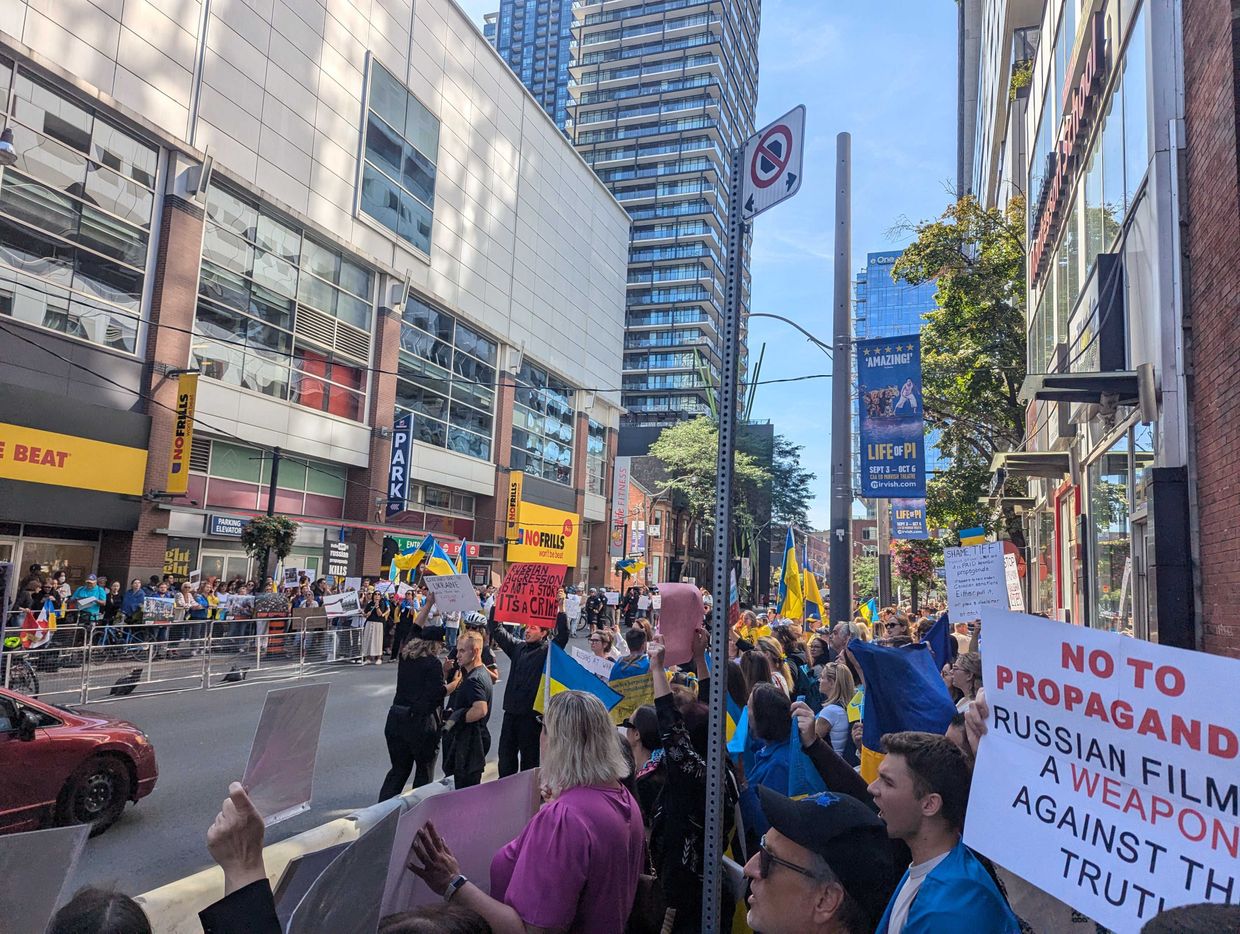Editor's Note: This story has been updated to include the response of Ukraine's Consul General in Toronto to TIFF's statement.
In a statement released on Sept. 11, the Toronto International Film Festival (TIFF) claimed the controversial documentary about Russian soldiers entitled "Russians at War" should not "be considered Russian propaganda" and said that its North American premiere will go forward as scheduled.
The film "Russians at War," directed by Russian-Canadian filmmaker Anastasia Trofimova, was shown at the Toronto International Film Festival on Sept. 10. The statement released on Sept. 11 said that the premiere would occur "later this week"—it was not immediately clear if it was referring to a different showing or the one that had already been held.
"In our view, in no way should this film be considered Russian propaganda," TIFF's statement said.
"Because filmmakers, like all artists, work in dynamic engagement with their societies, we believe that our role as curators and presenters of film must stand for an unequivocal defense of artistic expression, and a commitment to provide safe, open spaces to engage, critique and reflect on artists' work."
TIFF also said that the festival "understand(s) and deeply feel the suffering of the Ukrainian people as the result of an illegal Russian invasion."
Oleh Nikolenko, Ukraine's Consul General in Toronto, said he was "extremely disappointed" by TIFF's statement and called the decision to screen the film "appalling."
"Do not provide a platform for Russian propaganda — the festival's reputation is at stake," he said on Sept. 11.
The film has been widely condemned, and protests have broken out at the festival. Canada's publicly-funded broadcaster TVO (formerly TVOntario) said on Sept. 10 that it "respect(s) the feedback" from the community and would not be airing the film.
Canadian government officials, including Deputy Prime Minister Chrystia Freeland, have strongly criticized the use of public funds to support a controversial documentary that portrays Russian soldiers fighting in Ukraine.
"It's not right for Canadian public money to be supporting the screening and production of a film like this," Freeland said during a press briefing on Sept. 10.
The film, which has been marketed as an anti-war documentary and described by Trofimova as a story about ordinary Russian soldiers, has been accused of whitewashing Russian war crimes.
Trofimova has said she believes the full-scale war is "unjustified and illegal." In a recent interview, the director also said it was an opportunity to show the "human portrait from the war on the Russian side." She has denied that the film had received official permission from Russian authorities or that it was funded by the state.
The claims have been met with skepticism by many in light of the often sympathetic view of Russian soldiers in the film.
"Given how Russia treats journalists, it is naive to believe that Anastasia Trofimova spent over six months embedded with a Russian military unit without Russian military or government oversight," Nikolenko's statement read.
"We believe the production of this film was permitted because it aligns with Russia's narratives that downplay the atrocities of its invasion."
Nikolenko also criticized TIFF leadership for failing to acknowledge Trofimova's former work for RT, a Russian state media company that has been sanctioned by Canada.














